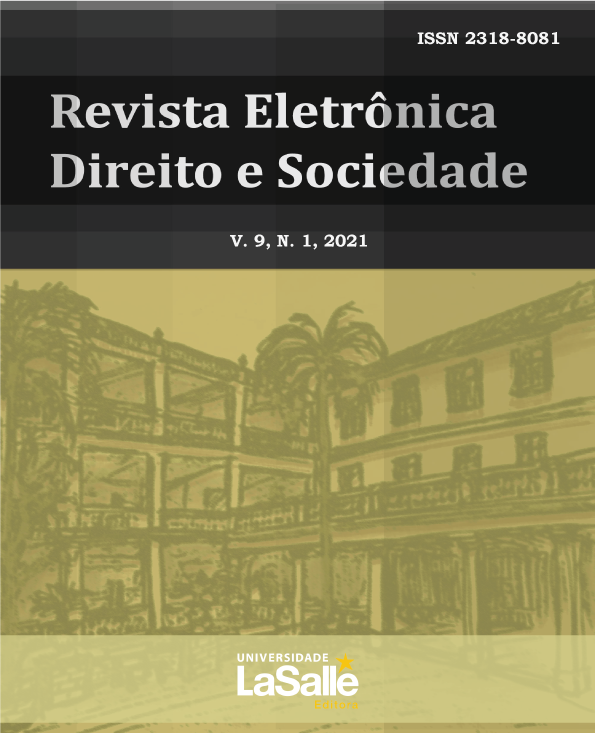Primo Levi and the centrality of memory to rethink Law and Justice in times of neo-fascism
DOI:
https://doi.org/10.18316/redes.v9i1.7298Keywords:
Primo Levi, Memory, Justice, Law and Neo-fascismAbstract
Primo Levi is one of the most widely read and translated surviving writers of World War II in the world. His texts leave important contributions to understand the phenomenon of fascism, in its various forms and times. The centrality of the experience of injustice is a fundamental theme for the survivor and decisive for the theory of law. This work intends to read Primo Levi’s testemonial work, seeking its repercussions on the themes of Justice, Law, Guilt, Judgment and Responsibility. By mobilizing thinkers like Reyes Mate, Giorgio Agambem, Nils Christie and Hannah Arendt, it will be possible to obtain a more complete view of this author’s relationship with the concept of justice and offer keys to rethink the Law in its courtform to respond to conflicts and violence, from a critique of the notion of individual responsibility.
Downloads
Published
Issue
Section
License
Authors who submit their manuscripts for publication in the “REDES” Magazine agree to the following terms:
The authors claim to be aware that they retain copyright by giving “REDES” the right to publish.
The authors declare to be aware that the work submitted will be licensed under the Creative Commons Non-Commercial Attribution License which allows article sharing with acknowledgment of authorship and publication in this journal.
The authors declare to be aware that by virtue of the articles published in this journal have free public access.
The authors declare, under the penalty of the law, that the text is unpublished and original and that they are aware that plagiarism has been identified, plagiarized authors will be informed - willingly, to take legal action in the civil and criminal sphere - and, plagiarists will have their access to the magazine blocked.
The authors state that - in case of co-authoring - all contributed significantly to the research.
Authors are obliged to provide retractions and (or) corrections of errors in case of detection.
The authors are obliged not to publish the text submitted to “REDES” in another electronic journal (or not).
The Electronic Journal Law and Society - REDES - is licensed under a Creative Commons License. Attribution-NonCommercial 4.0 International.Based on work available at "http://revistas.unilasalle.edu.br/index.php/redes/about/submissions#copyrightNotice".
Permissions in addition to those granted under this license may be available at http://creativecommons.org/.

